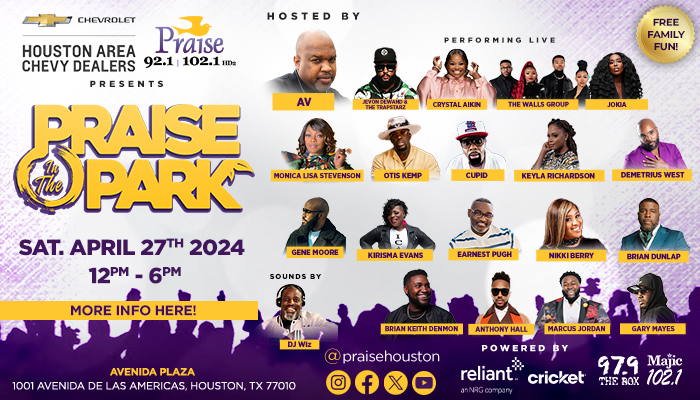When you think of Black History Month your mind often turns to tradition.
We as a people have often been defined by our core traditions, be they spiritual, social or mental. One of our traditions is easily sleeping away. It appears that once an African American family acquires “middleclassdom” church involvement dwindles. Take a look at your own church community. You are more likely to see more single struggling mothers than any other group. It appears that the Black middle class is quietly fading away from Faith and church life. There is loss of adult membership, youth participation, trained clergy, theologically alert laity, or commitment from those who attend.
We have become so Americanized that we no longer associate ourselves with the distinct idea of being Christian in any form. We saw a little of this bubble up when President Obama picked his minister to lead his oath. Many people were alarmed at his pick. Even earlier, we saw discussion of his previous pastor.
The entire time I studied religion academically, I can count on my hands how many African Americans were in any of my theology classes. While I was attending college I became aware that many of my fellow black college students were for the most part compulsively antireligious. They do join choirs but not much of anything else. They thought the fact that I followed strict codes boring and at best nonsensical.
While the black denominations do enjoy a large membership, their churches for the most part are growing neither numerically nor theologically. Why? In truth they are middle-class churches. They generally do not reach the masses of working people and underprivileged families who comprise the vast majority of the black population.
It will not do to blame middle-class churches for the crisis, to scold them for having lost their roots and their evangelistic fervor, to say that they have become too fat — too institutional, professional and formal. The trouble with this diagnosis is that ever since Reconstruction black middle-class churches have neither intended nor pretended to be anything other than socialization centers, where charitable activities crowded out prophetic witness and community spirit (as the significant exceptions make perfectly clear).
The influx of blacks into the cities during World War II did not cause a great growth or sharp decline in the black middle-class church. That church is a fixture, the absolute vision of stability and respectability. What is different today is that it is no longer taken for granted as something to join. During the civil rights movement, becoming a church member was the preferred way to gain identification, social status and to forward political action. The civil rights movement opened up new avenues of opportunity for blacks. This definitely resulted in fewer blacks of middle age and even fewer under to 30 feel drawn to the black church as a place of belonging and comfort in the 1970’s. In the 1980’s society where black culture is free to flourish, the church has been edged out of the preferred status.
The black church is relatively immune to social change. This is precisely what makes it special, different from white churches. It is like a tree planted by the waters: it will not be moved. It is this factor that has been its strength, generation after generation, and can be its strong suit in the future. But presently it serves to foster indifference and often discord and hurt feelings among many.
Below is a discussion on “Lexi One on One” about those who may have lost Faith:
It has extended a feeling that when you have money you follow a certain set of rule in your Faith community. You will work for them but not with them. Your heart will bleed for them but not your head or your hands. You will be their advocate but not their friend. You will sponsor them in their cause, but their cause is not your cause anymore. . . because you are middle-class.
In a word, religion for blacks has been practical. Ho do we get past this? We can try the following:
(1) acquire the techniques and use its resources to build up in the homes of its members a sense of the value of knowledge;
(2) develop learning opportunities in the church;
(3) underwrite financially first-class departments of religion in black colleges (or at least in one such college).
The church can enrich its community action program, increase its social activities, make its worship more appealing; but if it does not foster learning in concrete ways, its decline is assured. There is no other way to be and do its truth.
{For more from Oretha Winston follow her on Twitter}
Related Articles:









